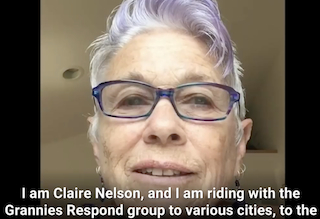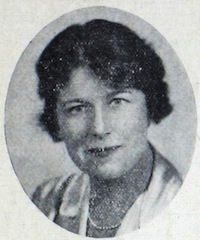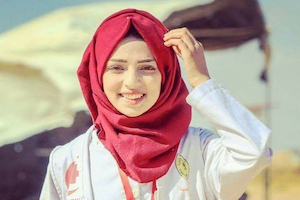Joyce Neu born August 27, 1950. Linguist and conflict resolution expert. Peace Corps Volunteer, Senegal, 1972-74. Founded Facilitating Peace; first team leader of UN Standby Mediation Experts, 2008; facilitated Sudanese women’s discussions. Founding Director, Joan B. Kroc Institute for Peace & Justice; Director, Conflict Resolution Program Carter Center, providing mediation in Republic of Congo, Mali, Sudan, Uganda. Co-founder, Alliance for Peacebuilding and the Center for Negotiation and Conflict Resolution at Penn State University.
Quotations
“Women have skills that benefit them greatly as mediators. In many communities, women are turned to to bring the parties together as they know the parties and the issues. I'm not talking about women like you or me who are from outside the conflict, but women who are living in that community, who are often viewed as more trustworthy, as more willing to listen. These qualities may be stereotypically female, but they're also beneficial to a peace process.” (Women in Foreign Policy, Sep. 10, 2017; photo womeninforeignpolicy.org)


















